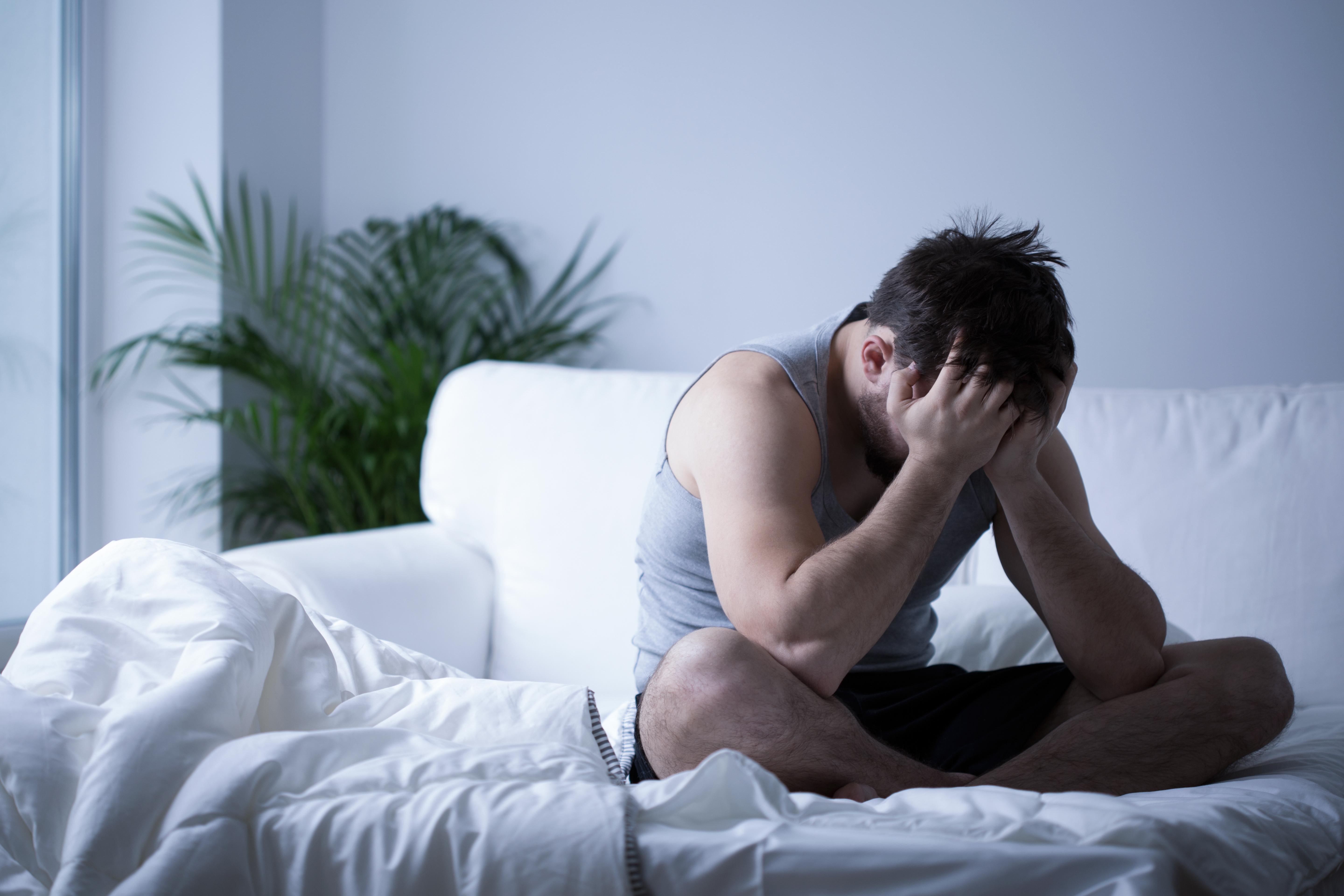There are some prominent signs that tell when your body is not operating at its best. Unfortunately, too many people ignore these signs and let them go unnoticed. Our body, both male, and female goes through natural hormonal changes as we progress through life: puberty, pregnancy, menopause and simple aging. Our hormones are also impacted by dietary, lifestyle, and physical activity habits. Your body sends very clever signals to inform and help us cope with the situations created by these imbalances. Below are 5 indicative signs that will warn you when your body can no longer be neglected.

- Reduced sex drive
When androgen levels drop or are slow in production, it will lead to a poor libido. Testosterone is the major androgenic hormone. When men passed the age of 40-50 years, they will gradually begin to experience a drop in sex drive due to the natural aging process and reduction of the amount of produced testosterone. Poor sleep, high stress and over consumption of alcohol can affect testosterone levels and give rise to the decrease of libido.
- Insomnia or poor sleep
Generally, these symptoms can be both cause and effect. They are common symptoms of menopause and andropause (male menopause) whose culprits are low testosterone levels and adrenal fatigue. Testosterone deficiency can be an issue for women but it is usually an estrogen deficiency (menopausal symptom) that is the main cause of insomnia in females.
- Sugar cravings
This condition is linked to an underactive thyroid (hypothyroidism). Other symptoms of poor thyroid hormone function include mood swings, fatigue, frequent headaches, tension in the muscles and consistent weight gain. Sugar cravings can also be brought about through an adrenal overload. Increased levels of adrenaline and cortisol signal your body for fuel and anything sweet is a great source of fast energy.
- Hair loss
Too much testosterone, particularly dihydrotestosterone (DHT) is a common cause of hair loss. Whilst women only have a very low level of testosterone, it still enables DHT to trigger hair loss. Hair loss in women is not as prevalent as in men because they have more estrogen than men, which balances out the effects of DHT. However, an overproduction of testosterone can elevate the risk of hair loss.
- Excess sweating
Over or under production of the hormones such as serotonin leads to problems with the endocrine system, results in excess sweating or night sweating. Be aware that having the above symptoms does not mean that you have an actual hormone imbalance, they are just possible signs and every symptom should be fully investigated before diagnosis and treatment. Usually, simple lifestyle and dietary changes can go a long way towards rectifying these symptoms and possible hormonal imbalances. Hormones, health, well-being, and vitality are closely related. You simply cannot enjoy life with your hormones out of balance. Do not ignore the signs!
[embed-health-tool-bmi]


















